Pumps
-
Out of Stock
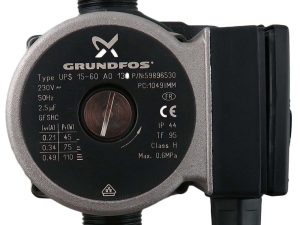
Alpha Boiler 15/60 Grundfos Pump 1.015610
£49.26 – £99.98 Select Options This product has multiple variants. The options may be chosen on the product page -
In Stock
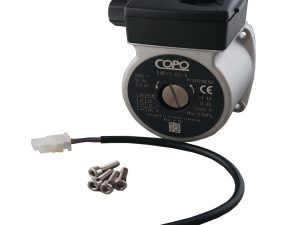
Alpha Boiler Compatible Pump Head 3.021702
£65.00 Exc. VAT £54.17 Add to cart -
In Stock
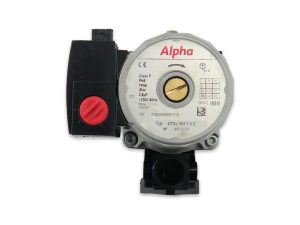
Alpha Boiler Pump 3.017121
£90.20 Exc. VAT £75.17 Add to cart -
Out of Stock
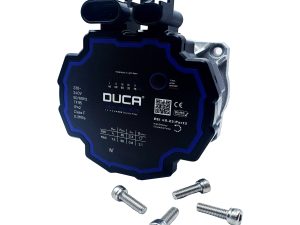
Alpha Boiler Pump Head 3.024706
£81.60 Add to cart -
In Stock
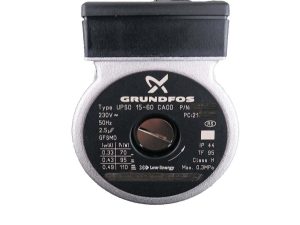
Alpha Boiler Pump Head Compatible with 1.015610
£82.50 Exc. VAT £68.75 Add to cart -
In Stock
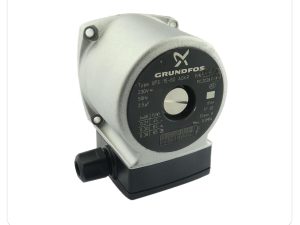
Alpha Boiler Replacement Pump HEAD for 1.015610
£99.00 Exc. VAT £82.50 Add to cart -
In Stock
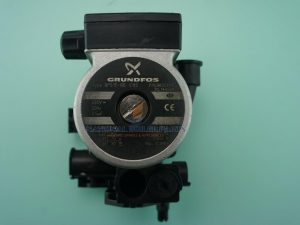
Alpha Intec 28X Pump 3.021702
£59.99 Exc. VAT £49.99 Add to cart -
Out of Stock
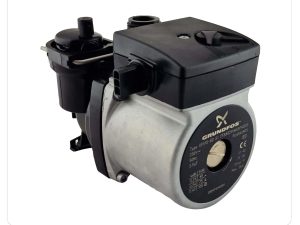
Ariston Boiler Pump 65101417
£50.40 Exc. VAT £42.00 Add to cart -
Out of Stock
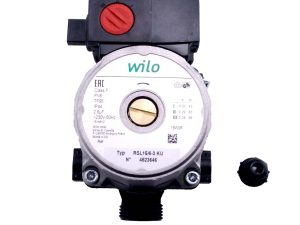
Ariston Boiler Pump 996613 997150
£74.40 – £144.00 Select Options This product has multiple variants. The options may be chosen on the product page -
Out of Stock
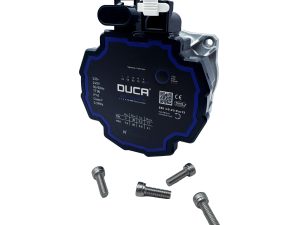
Ariston Boiler Pump Head 15-50 60079225
£84.00 Add to cart -
In Stock
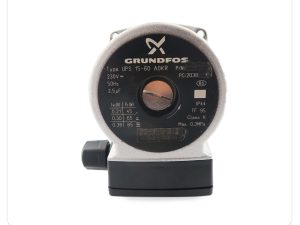
Ariston Chaffoteaux Boiler Replacement Pump HEAD for 61303461
£72.00 – £99.00 Select Options This product has multiple variants. The options may be chosen on the product page -
In Stock
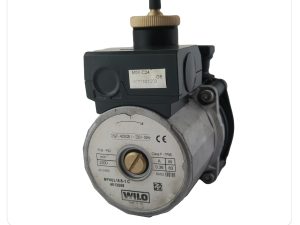
ARISTON MICROCOMBI 23 27 & 28 MFFI BOILER PUMP 996614 998836
£67.99 Exc. VAT £56.66 Add to cart
